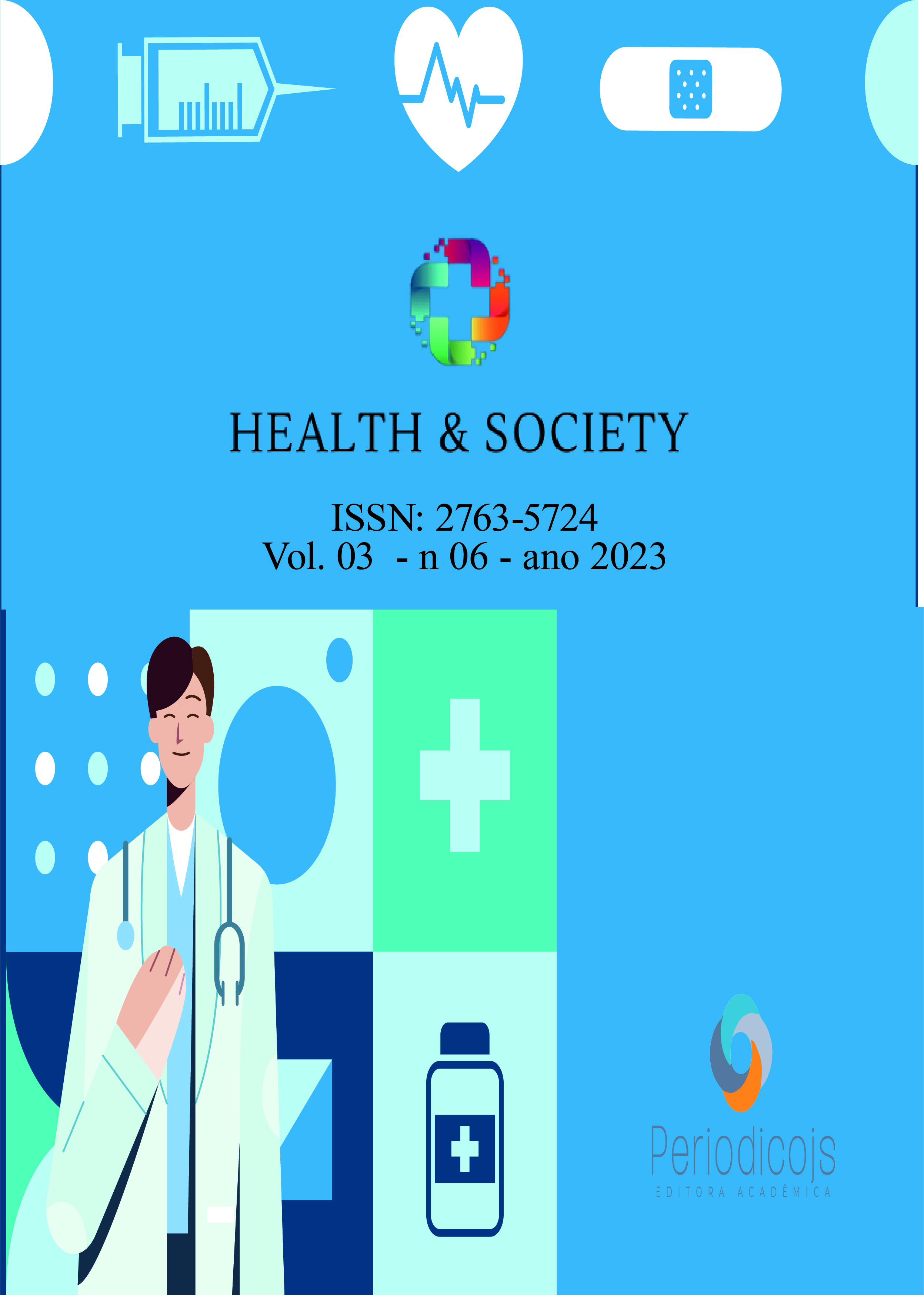Abstract
The relevance of physical exercise in post-COVID recovery consists of the importance of regular physical activity for individuals who have recovered from the disease caused by the coronavirus. During COVID-19 infection, many patients may face a variety of complications such as muscle weakness, fatigue, difficulty breathing, and cardiovascular problems. The literature review resulted in an analytical and critical text that exposed ideas from studies related to the topic. The study was based on scientific articles, theses, and books published between the years 2018 and 2023. In summary, the research highlights the importance of physical exercise in post-COVID recovery and emphasizes its benefits for both the physical and mental health of patients. The obtained results indicate that the benefits of exercise include improved lung function, reduced stress and anxiety, improved mood, and strengthened immune system. Therefore, it is understood that physical activity encourages individuals to include activities in their daily routines, tailored to their personal needs, in order to promote a more effective recovery for the patient, promoting quality of life and physical resilience
References
ASMUNDSON, G. J. G. et al. Health anxiety: Current perspectives and future directions. Current Psychiatry Reports, Philadelphia, v. 12, n. 4, p. 306-312, 2010.
BORGHI, Audrey; KRISHNA, Alaparthi Gopal; GARCIA-ARAUJO, Adriana Sanches. Importância da avaliação da capacidade funcional e do exercício físico durante e após a hospitalização em pacientes com COVID-19: revisitando a reabilitação pulmonar. Jornal Brasileiro de Pneumologia, v. 47, 2021.
BRASIL. Ministério da Saúde. Secretaria de Atenção à Saúde. Departamento de Ações Programáticas Estratégicas. Saúde Mental no SUS: os centros de atenção psicossocial. 3. ed. Brasília: Ministério da Saúde, 2011.
BROOKS, S. K., Webster, R. K., Smith, L. E., Woodland, L., Wessely, S., Greenberg, N., & Rubin, G. J. (2020). The psychological impact of quarantine and how to reduce it: rapid review of the evidence. The Lancet, 395(102227), 912-920. https:// doi.org/10.1016/S0140-6736(20)30460-8.
FREITAS, André Ricardo Ribas; NAPIMOGA, Marcelo; DONALISIO, Maria Rita. Análise da gravidade da pandemia de Covid-19. Epidemiologia e serviços de saúde, v. 29, p. e2020119, 2020.
HUREMOVIĆ, D. Psychiatry of pandemics: a mental health response to infection outbreak. Chan: Springer, 2019.
NASCIMENTO, Rodrigo Barbosa et al. Estratégias de enfrentamento para manutenção da saúde mental do trabalhador em tempos de Covid-19: Uma Revisão Integrativa. Revista Psicologia, Diversidade e Saúde, v. 10, n. 1, p. 181-197, 2021.
ROCHA, Camille et al. RELATO DE EXPERIÊNCIA: Grupo de reabilitação pós-Covid-19. Mostra de Extensão, Ciência e Tecnologia da Unisc, n. 2, p. 241, 2021.
TORALES, J. et al. The outbreak of COVID-19 coronavirus and its impact on global mental health. International Journal of Social Psychiatry, London, v. 66, n. 4, p. 317-320. 2020.
WORLD Health Organization. (2020b). Report of the WHO-China joint mission on coronavirus disease 2019 (COVID-19). Geneva: Author. Retrieved from http://www.who.int/docs/default-source/coronaviruse/who-china-joint-mission-oncovid-19-final-report.pdf

This work is licensed under a Creative Commons Attribution 4.0 International License.
Copyright (c) 2023 Jhonny da Silva Conceição, Taner Teixeira





